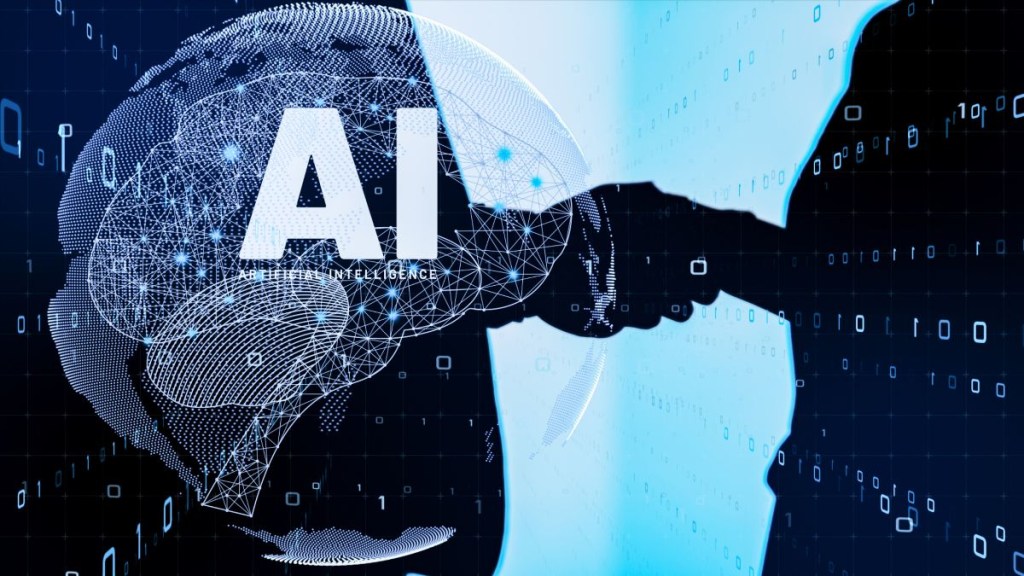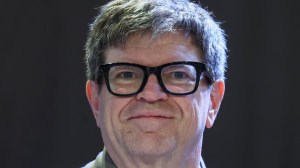A stark and unsettling prediction regarding the future of work has been issued by Adam Dorr, Director of Research at RethinkX, who claims that by 2045, the rapid advancements in artificial intelligence and robotics could render the vast majority of human jobs obsolete. According to Dorr’s interview with The Guardian, machines are rapidly evolving to perform nearly every task more efficiently, accurately, and cost-effectively than their human counterparts.
Dorr’s grim forecast suggests that this technological revolution is not just a gradual shift but a swift, disruptive force. He asserts that while some industries will adapt, the sheer speed of AI development means that within the next two decades, AI will be capable of taking over most roles currently performed by people. His research, spanning over 1,500 historical technological disruptions, indicates that once a new technology gains a foothold, it typically scales to replace existing systems within 15 to 20 years.
AI, he argues, is now following this very trajectory, with the significant difference being that this time, machines are directly replacing human labour itself.
Which jobs are at risk from AI
The jobs most at risk, according to Dorr, are those involving routine cognitive tasks and predictable workflows. This contains a vast swathe of white-collar professions currently employing millions globally. As AI systems become increasingly sophisticated and economical, they are expected to outperform human workers in quality, efficiency, and reliability across nearly every sector.
Amidst this alarming discovery, Dorr identifies only a select few professions that are likely to endure, primarily those demanding deep emotional intelligence, nuanced ethical judgment, and roles built on profound human trust. Specifically, he points to politicians, sex workers, and ethicists as examples of roles that may remain exclusively in human hands. However, he cautions that even these niche areas won’t create enough employment opportunities to absorb the billions of people displaced by AI automation.
Dorr warns of potential mass inequality if new economic models are not swiftly adopted. Conversely, he envisions a future of “super-abundance” where human needs are largely met by machines, freeing people from traditional forms of labour. Realising such a future, however, would require “bold experiments in how we define work, value, and ownership.”







